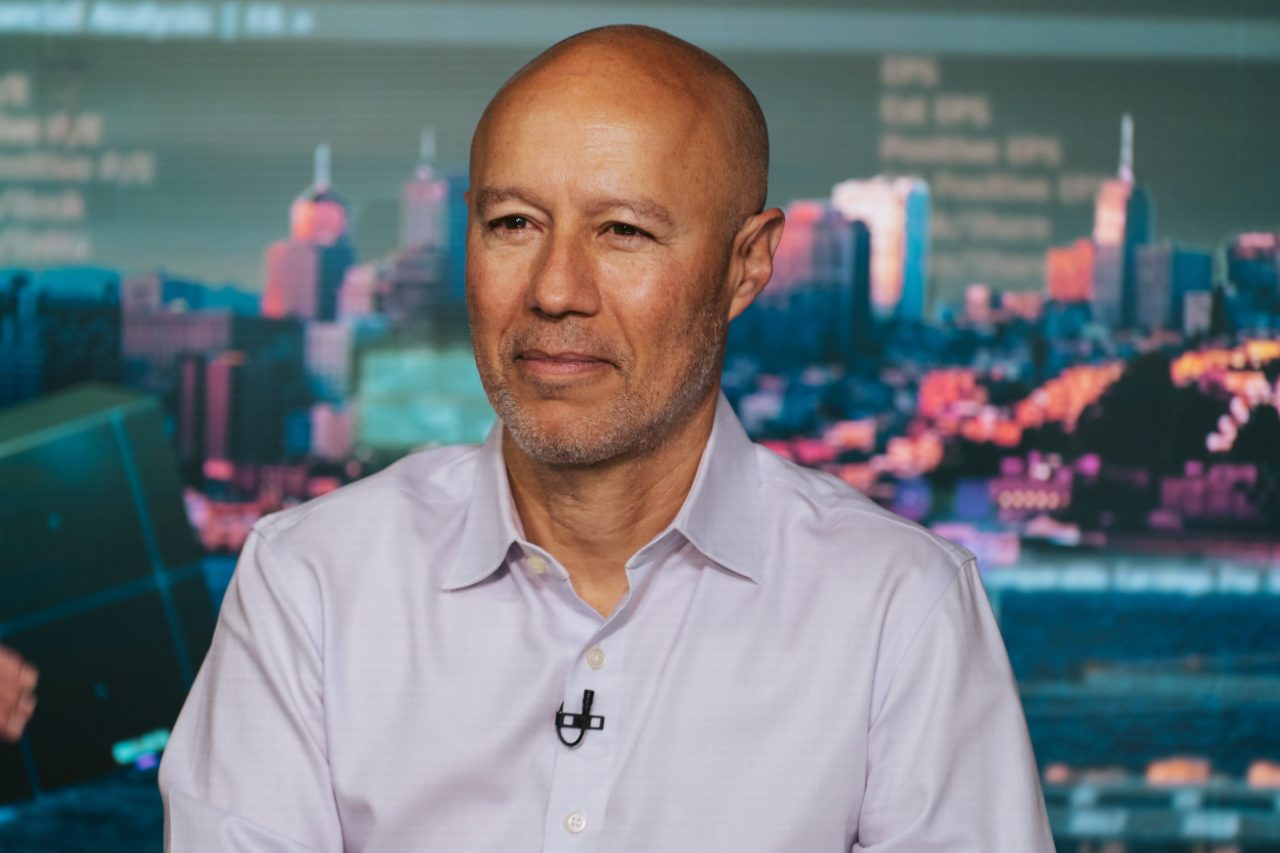In an era where tech platforms are accused of becoming progressively worse for users and service providers — a phenomenon dubbed “enshittification” — Lyft’s CEO says he has a strategy to fight back: ‘Falcon Mode’ leadership. But what does that mean, and can it actually save the struggling ride-share company?
The Rise and Decline of Tech Platforms
Coined by tech writer Cory Doctorow, the term “enshittification” refers to a predictable life cycle of online platforms: they start off user-friendly and innovative, gradually shift to prioritize business customers, and eventually become bloated, exploitative, and frustrating for everyone. Facebook, Amazon, Google — all have faced accusations of enshittifying their platforms.
And Lyft, one of the leading ride-share companies in North America, has not been immune.
Lyft’s Struggles: Competition, Quality, and Perception
Over the past few years, Lyft has lost significant market share to Uber, faced driver dissatisfaction, and weathered criticism for inconsistent ride quality, rising fares, and poor app performance. Customers complain that the app is clunky, drivers are harder to find, and surge pricing is unpredictable.
Internally, morale has dipped, with repeated rounds of layoffs and restructuring. Investors have questioned whether Lyft has a long-term vision — or if it’s just trying to survive quarter by quarter.
Enter David Risher — and ‘Falcon Mode’
In 2023, Lyft brought in David Risher, a former Amazon and Microsoft executive, as CEO. His mission was clear: reverse the decline and rebuild trust. Risher says the key to transforming Lyft lies in embracing what he calls “Falcon Mode” leadership — a mindset built on focus, speed, precision, and vision.
What Is Falcon Mode?
According to Risher, Falcon Mode is:
- Laser Focused: Cutting unnecessary projects and distractions. “If it doesn’t help drivers or riders immediately, we’re pausing it,” Risher says.
- High Speed: Moving faster in decision-making. “We don’t have time for bureaucracy.”
- Sharp Vision: Staying locked onto a clear mission: making Lyft the best transportation experience again — not just profitable, but beloved.
- Resilient Flight: Like a falcon flying high above the noise but diving quickly when opportunity or threat appears.
“Being in Falcon Mode means acting like a startup again, but with grown-up discipline,” Risher explained in a recent interview.
Cutting the Bloat: Practical Changes Under Risher
Since taking over, Risher has launched a series of aggressive reforms:
- Simplified pricing and ride categories, removing confusing tiers.
- Revamped the driver interface to reduce wait times and boost pay clarity.
- Cut 26% of the workforce to streamline decision-making.
- Reinvested in core tech infrastructure to make the app faster and more reliable.
The company also scrapped long-term moonshot projects, like autonomous vehicles and micromobility expansion, to concentrate on what Risher calls “the rider-driver handshake.”
Fighting the ‘Enshittification’ Trap
Risher directly references Doctorow’s theory, saying:
“Most companies fall into enshittification because they forget who they serve. We’re avoiding that by making Lyft better for both drivers and riders — not just shareholders.”
Instead of squeezing users for profit or chasing ad revenue, Lyft’s Falcon Mode is focused on delight and retention — doing more of what people love about ride-sharing, not less.
Has Falcon Mode Worked?
There are early signs of life:
- Customer satisfaction scores are up.
- Driver retention has improved slightly in major metros.
- The company narrowed its Q1 2025 losses, reporting stronger ride volumes and lower overhead.
Still, Lyft remains far behind Uber in market dominance and faces major challenges from inflation, gig worker rights debates, and evolving urban transit policy.
Experts Are Divided
Tech analysts are watching Risher’s Falcon Mode with cautious optimism.
Dan Ives, a Wall Street analyst, noted:
“Lyft’s leadership reset feels authentic — they’re not trying to be Uber-lite anymore. But the runway is short. They need consistent growth soon.”
Others warn that leadership slogans only go so far:
“Rebranding your mindset isn’t the same as reinventing your business,” said one industry veteran. “Falcons are cool — but can they carry passengers?”
The Bigger Picture: Can Big Tech Redeem Itself?
Beyond Lyft, Falcon Mode offers a glimpse into how tech companies might fight off their own decline. By returning to user-first principles, shedding complexity, and prioritizing value over growth-at-all-costs, there might still be a way to reverse the tide of enshittification.
And for Lyft, the stakes couldn’t be higher.
Final Thoughts
Lyft’s CEO David Risher isn’t just leading a company — he’s fighting a cultural trend. Falcon Mode might sound flashy, but at its core, it’s about discipline, clarity, and speed, the very traits lost during the era of platform overgrowth.
Whether Lyft soars or stalls remains to be seen. But in a world of decaying apps and user frustration, Falcon Mode offers something rare: a fight to be better, not just bigger.




